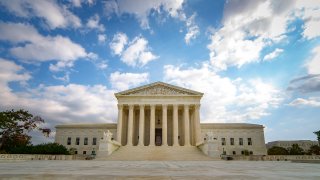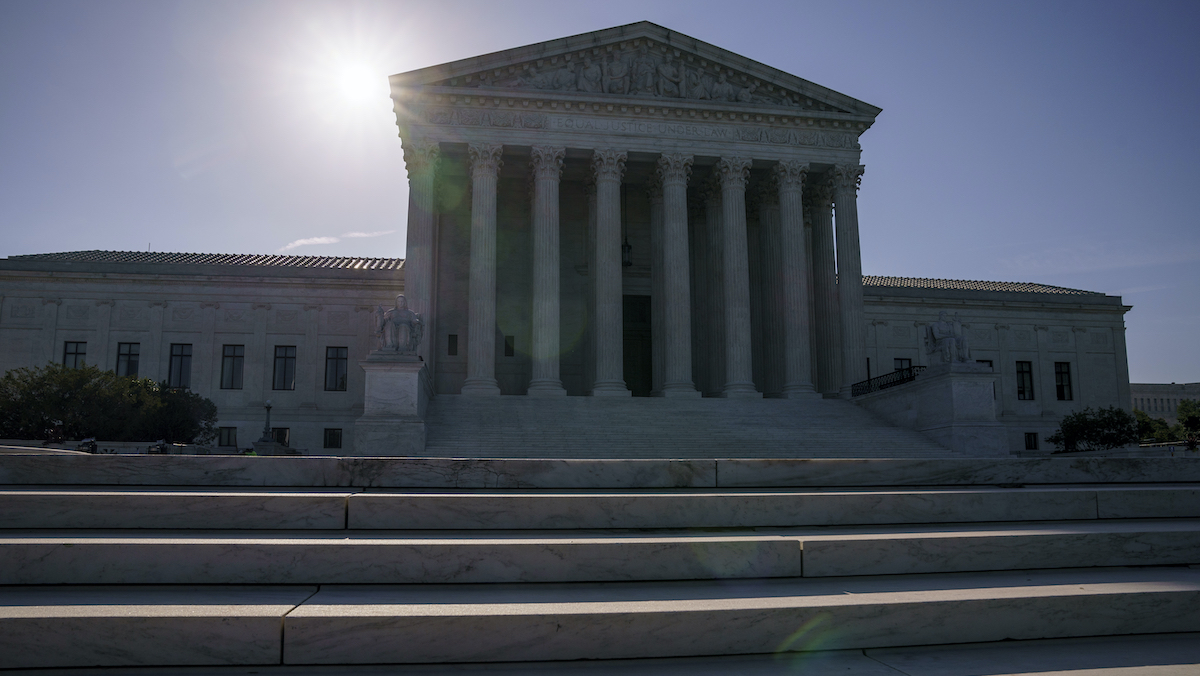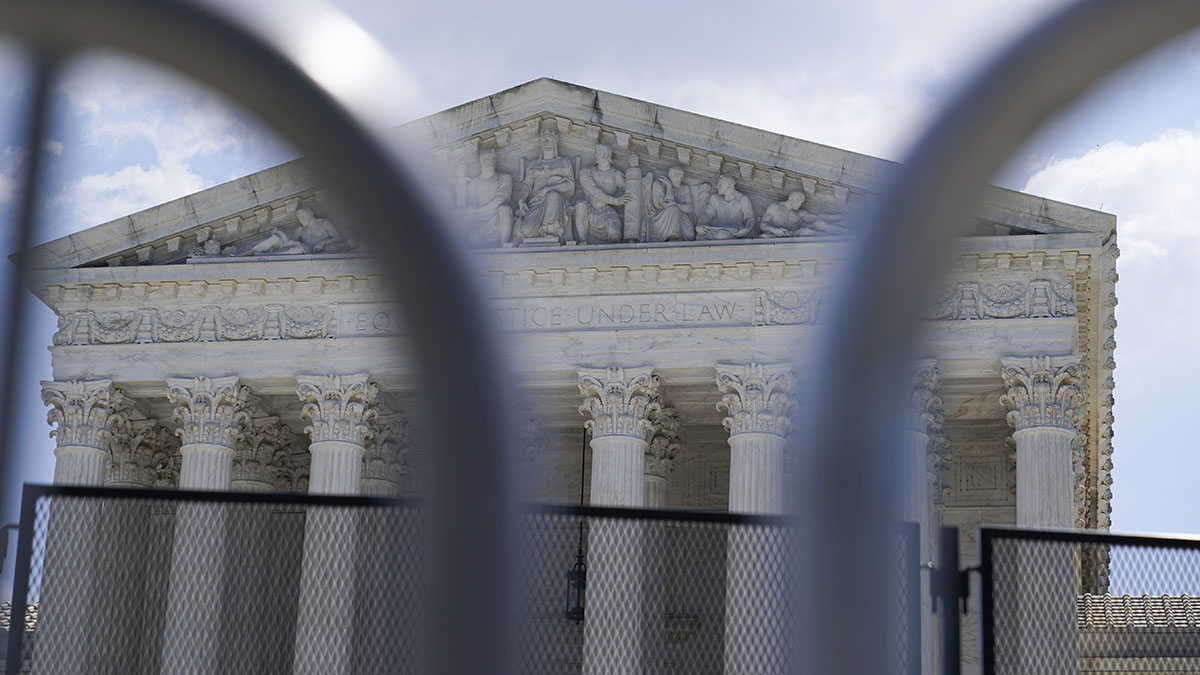
The Supreme Court ruled Tuesday that Maine can't exclude religious schools from a program that offers tuition aid for private education, a decision that could ease religious organizations’ access to taxpayer money.
The 6-3 outcome could fuel a renewed push for school choice programs in some of the 18 states that have so far not directed taxpayer money to private, religious education. The most immediate effect of the court’s ruling beyond Maine probably will be felt next door in Vermont, which has a similar program
WATCH ANYTIME FOR FREE
Stream NBC10 Boston news for free, 24/7, wherever you are. |
Chief Justice John Roberts wrote for a conservative majority that the program violates the Constitution's protections for religious freedoms.
“Maine’s ‘nonsectarian' requirement for its otherwise generally available tuition assistance payments violates the Free Exercise Clause of the First Amendment. Regardless of how the benefit and restriction are described, the program operates to identify and exclude otherwise eligible schools on the basis of their religious exercise,” Roberts wrote.
Get updates on what's happening in Boston to your inbox. Sign up for our News Headlines newsletter.
The court's three liberal justices dissented. “This Court continues to dismantle the wall of separation between church and state that the Framers fought to build,” Justice Sonia Sotomayor wrote.
Justice Stephen Breyer noted in a separate dissent that Maine “wishes to provide children within the State with a secular, public education. This wish embodies, in significant part, the constitutional need to avoid spending public money to support what is essentially the teaching and practice of religion.”
The ruling is the latest in a line of decisions from the Supreme Court that have favored religion-based discrimination claims. The court is separately weighing the case of a football coach who says he has a First Amendment right to pray at midfield immediately after games.
This Court continues to dismantle the wall of separation between church and state that the Framers fought to build
Justice Sonia Sotomayor
In largely rural Maine, the state allows families who live in towns that don’t have public schools to receive public tuition dollars to send their children to the public or private school of their choosing. The program has excluded religious schools.
Students who live in a district with public schools or in a district that contracts with another public system are ineligible for the tuition program.
Parents who challenged the program argued that the exclusion of religious schools violates their religious rights under the Constitution. Teacher unions and school boards said states can impose limits on public money for private education without running afoul of religious freedoms.
Michael Bindas, a lawyer for the libertarian Institute for Justice who argued for the parents at the high court, said the court made clear Tuesday that “there is no basis for this notion that the government is able to single out and exclude religious options.”
Rachel Laser, president and CEO of Americans United for Separation of Church and State, sharply criticized the court for “forcing taxpayers to fund religious education” and cloaking “this assault on our Constitution in the language of non-discrimination.”
In the Maine case, parents sued in federal court to be able to use state aid to send their children to Christian schools in Bangor and Waterville. The schools in question, Bangor Christian School and Temple Academy, are uncertain whether they would accept public funds, according to court filings.
The Bangor school said it would not hire teachers or admit students who are transgender. Both schools said they do not hire gay or lesbian teachers, according to court records.
In 2020, the high court ruled 5-4 that states must give religious schools the same access to public funding that other private schools receive, preserving a Montana scholarship program that had largely benefited students at religious institutions.
In that case, the court said states don’t have to allow public money to be used in private education. But they can’t keep religious schools out of such programs, once created.
But even after that ruling, the 1st U.S. Circuit Court of Appeals upheld the Maine program, holding that the state was not violating anyone’s constitutional rights by refusing to allow taxpayer money to be used for religious instruction. The three-judge panel included retired Justice David Souter, who occasionally hears cases in the appeals court.
Most of the justices attended religious schools, and several send or have sent their children to them.



